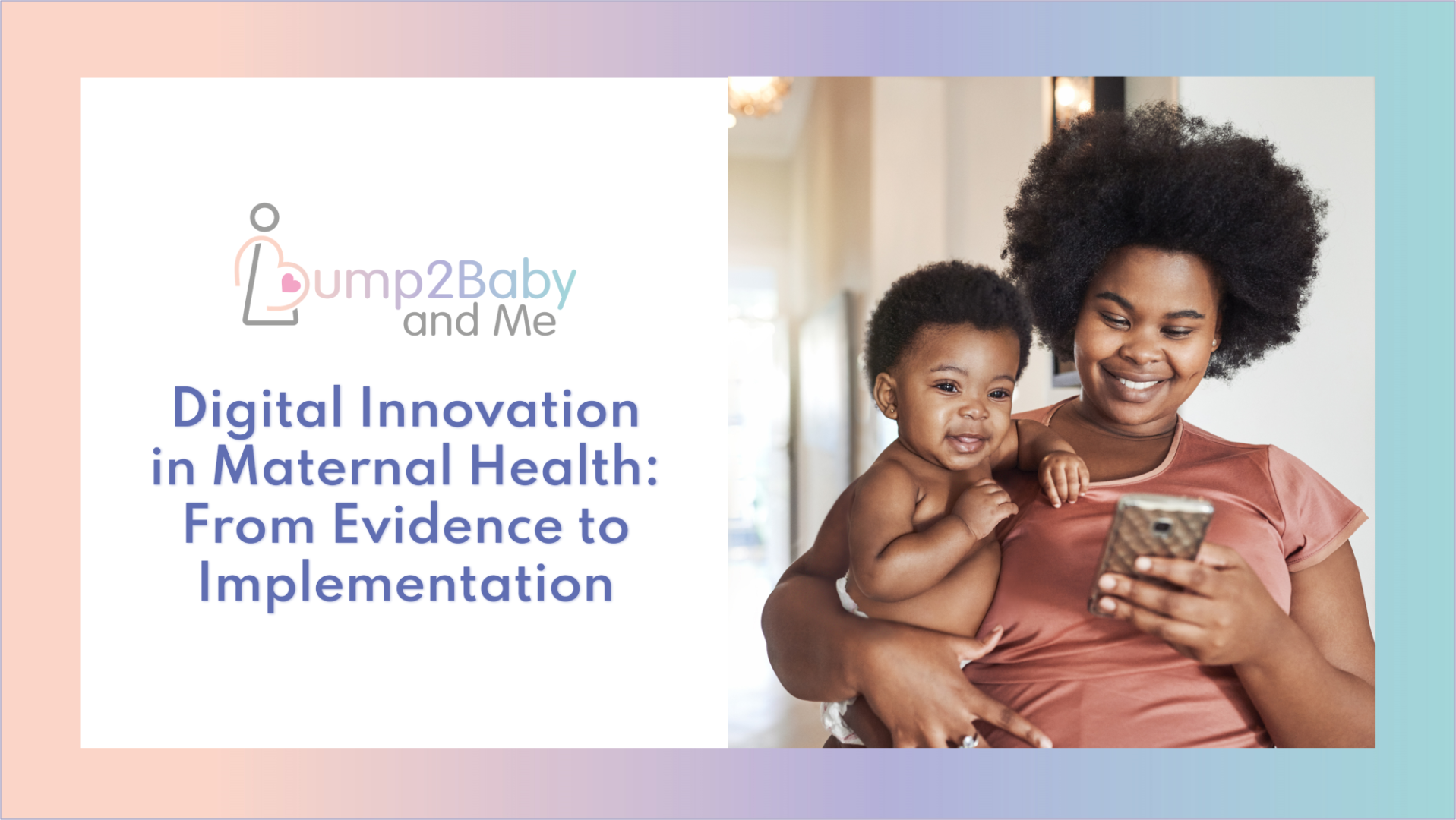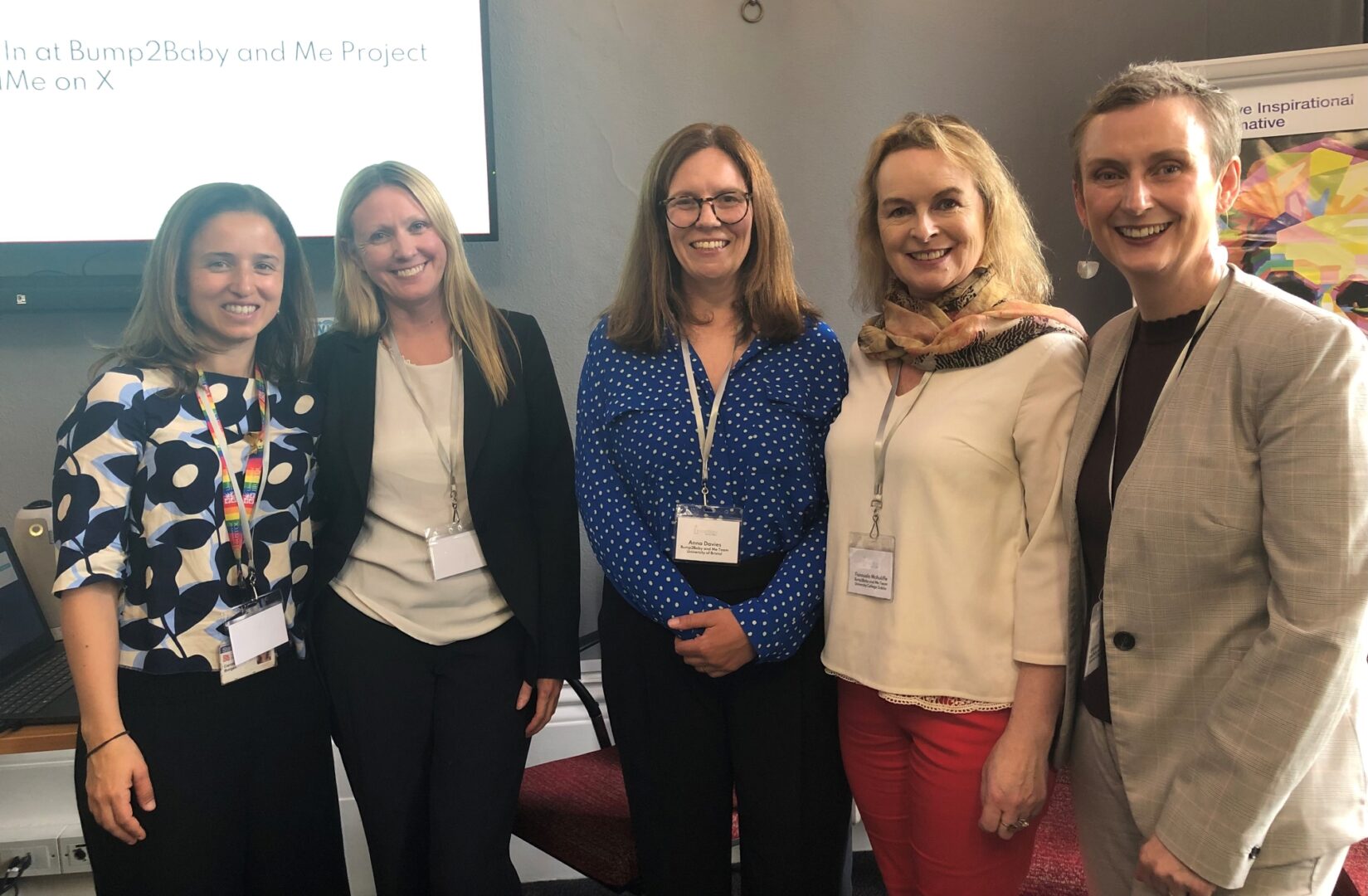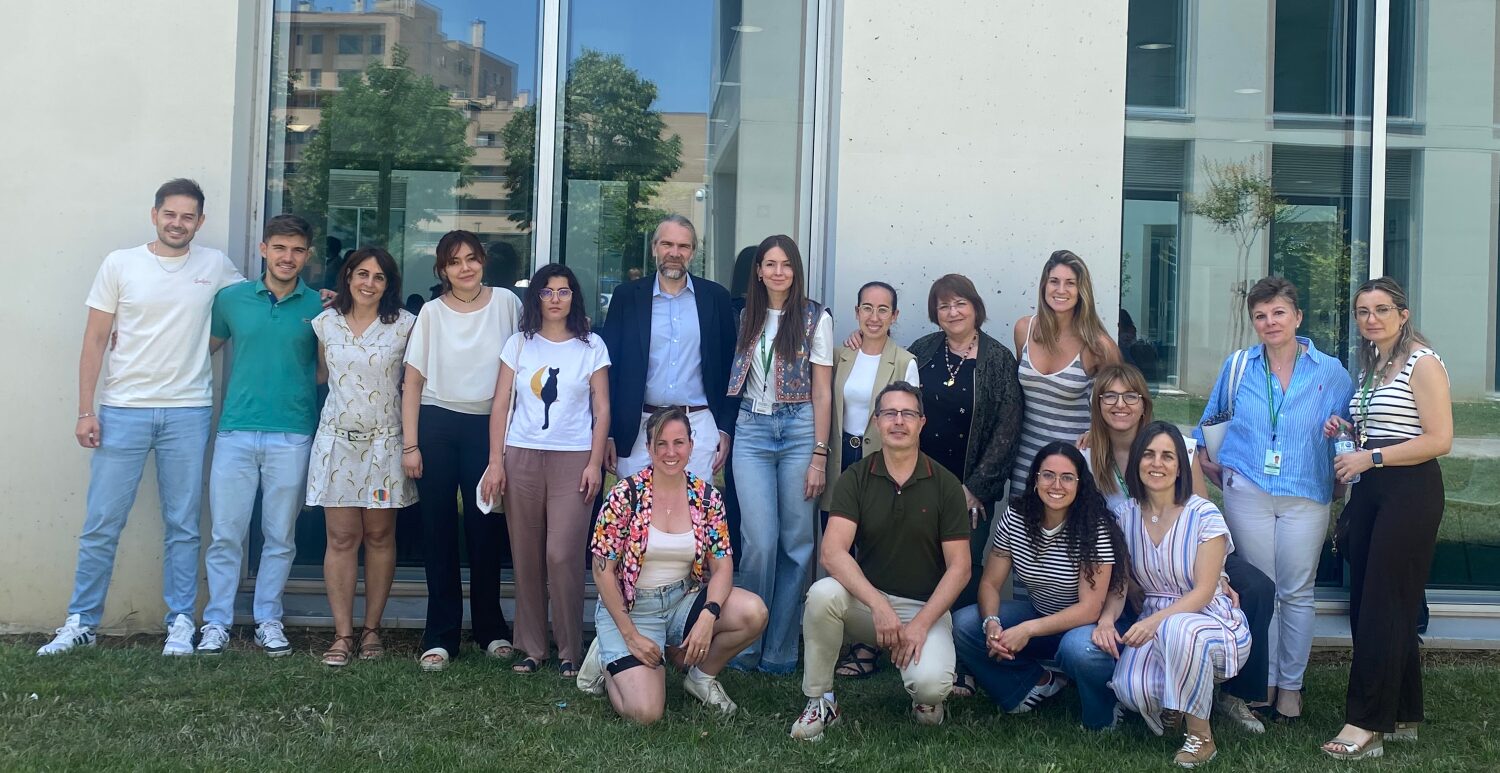Project Implementation Workshops

A series of in-person workshops were held between March and June 2025 allowing attendees to find out about the key project outcomes and lessons learnt from implementing an mHealth behaviour change intervention.
Gestational diabetes affects one in eight pregnant women. Our innovative mHealth intervention offers a promising solution to help prevent maternal and child diabetes, overweight and obesity, and other non-communicable diseases.
The workshops were designed for healthcare professionals, policymakers, and stakeholders involved in maternal healthcare services and diabetes care.
Dublin
The first of our events was held successfully on the 10th of March 2025 in the beautiful surroundings of the Museum of Literature Ireland. At this event, we shared preliminary results and were delighted to feature the following speakers:
- Professor Mary Higgins – Consultant at the National Maternity Hospital Dublin and joint Chair of the National Model of Care for Diabetes in Pregnancy;
- Dr Cliona Murphy – Clinical Director for the National Women and Infants Health Programme, HSE;
- Professor Sharleen O’Reilly – Bump2Baby and Me Project Lead.

Sharleen O’Reilly presenting at the Dublin workshop
Bristol
On Tuesday 10th June 2025 we held our second workshop at Engineers House, Bristol, and online. Speakers included:
- Professor Sharleen O’Reilly – Bump2Baby and Me Project Lead
- Professor Christy Burden – Bump2Baby and Me UK Clinical Lead
- Professor Fionnuala McAuliffe – FIGO Chair of the Committee on Impact of Pregnancy on Long-term Health, Bump2Baby and Me Clinical Lead
- Dr Anna Davies – Bump2Baby and Me Research Team
- Dr Carolina Borges – University of Bristol

Speakers at the Bristol workshop
Granada
The final event, held in the lifetime of the project, took place on Thursday 12th June 2025 at the University of Granada, Faculty of Medicine, in Granada, Spain. Speakers included:
- Professor Cristina Campoy – Bump2Baby and Me Principal Investigator, University of Granada
- Dr Mercedes G Bermúdez – Bump2Baby and Me Clinical Site Coordinator, University of Granada
- Dr Olga Ocón – Chair of Research at the University Hospital San Cecilio – Granada, Scientific Research Committee of the BioSanitary Institute of Granada
- Dr Florian Herrmann – Department of Pediatrics, University of Granada.

Speakers and participants at the Granada workshop
